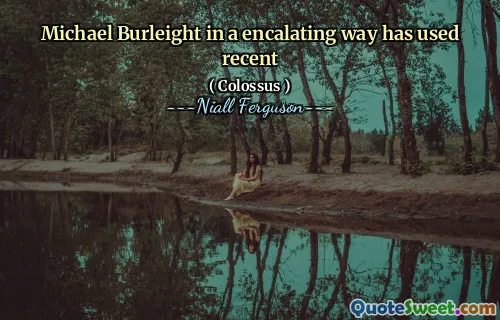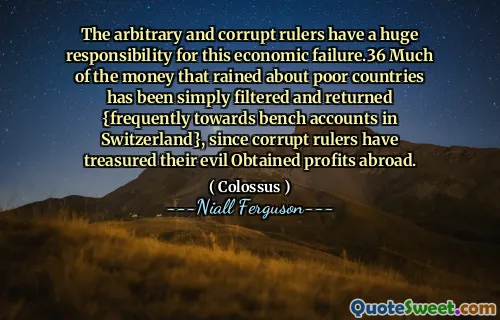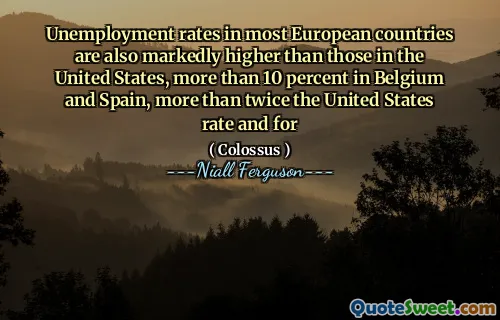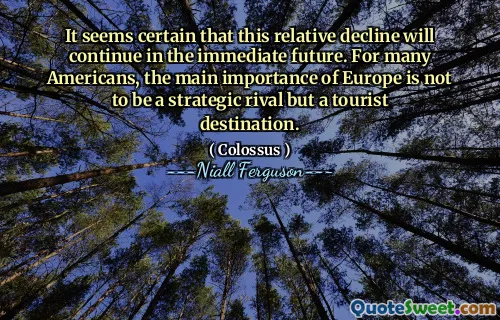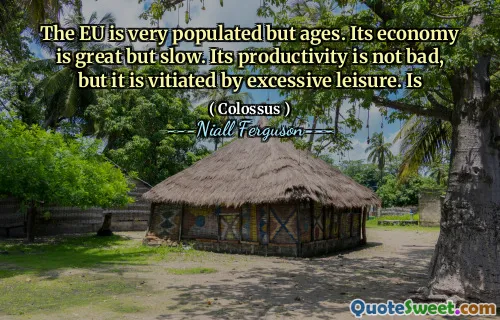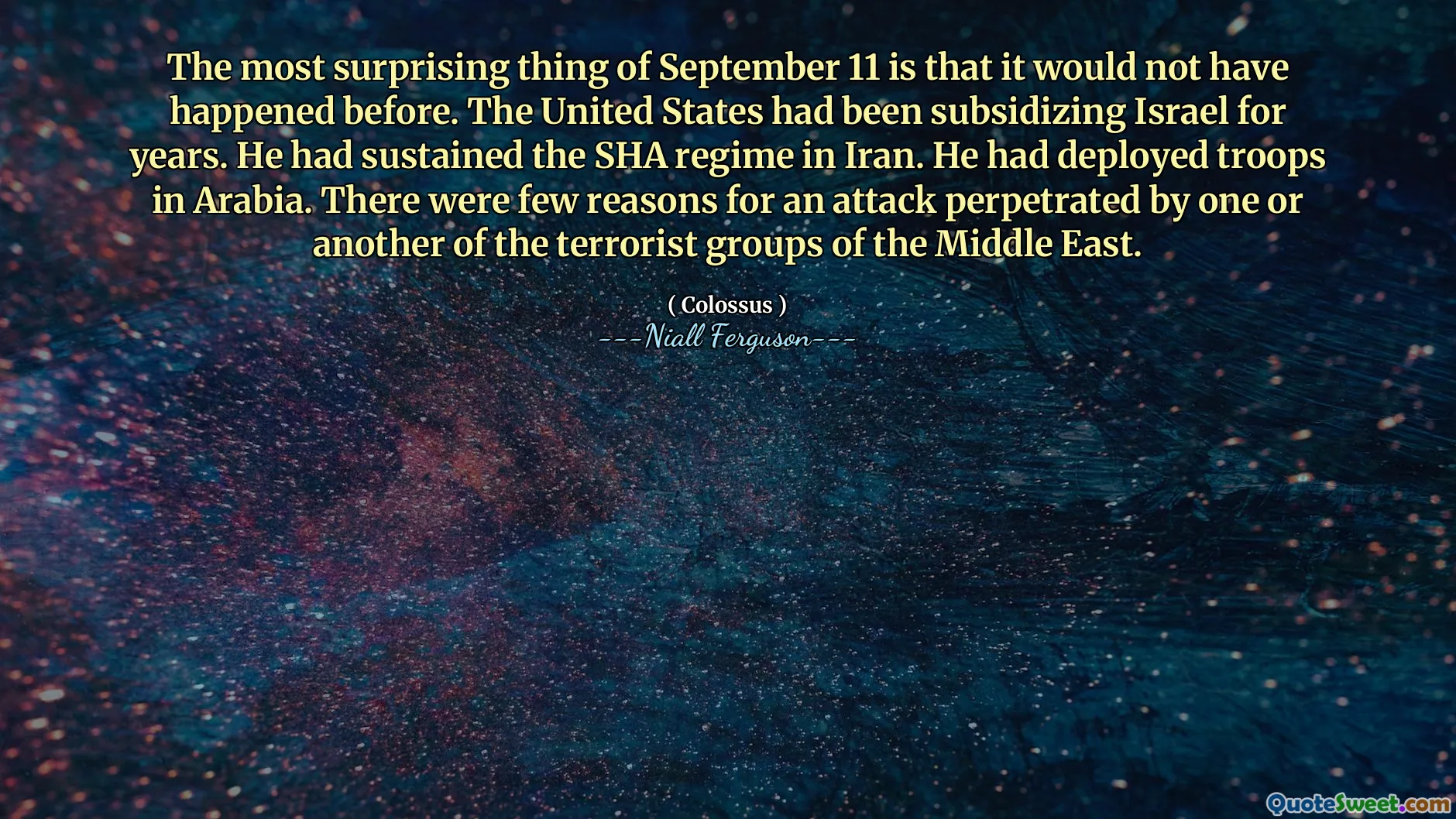
The most surprising thing of September 11 is that it would not have happened before. The United States had been subsidizing Israel for years. He had sustained the SHA regime in Iran. He had deployed troops in Arabia. There were few reasons for an attack perpetrated by one or another of the terrorist groups of the Middle East.
In "Colossus," Niall Ferguson highlights that the attacks on September 11 were unexpected given the historical context of U.S. actions in the Middle East. He suggests that the substantial American support for Israel and the military presence in the region created a complex dynamic that lowered the likelihood of such an attack occurring in the past. Despite these actions, the attack felt surprising because it marked a clear shift in the relationship and tensions between the U.S. and various terrorist groups.
Ferguson argues that prior to this, there were not enough provocations or reasons for a significant assault like 9/11. The narrative implies that the combination of U.S. foreign policy decisions and the geopolitical landscape at the time set a precarious stage for the rise of terrorism from the region. This analysis invites readers to reflect on the changing circumstances that led to one of the most defining moments in recent history.
